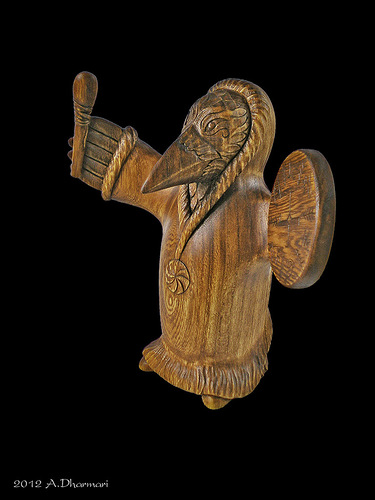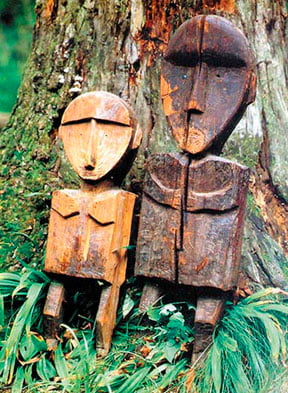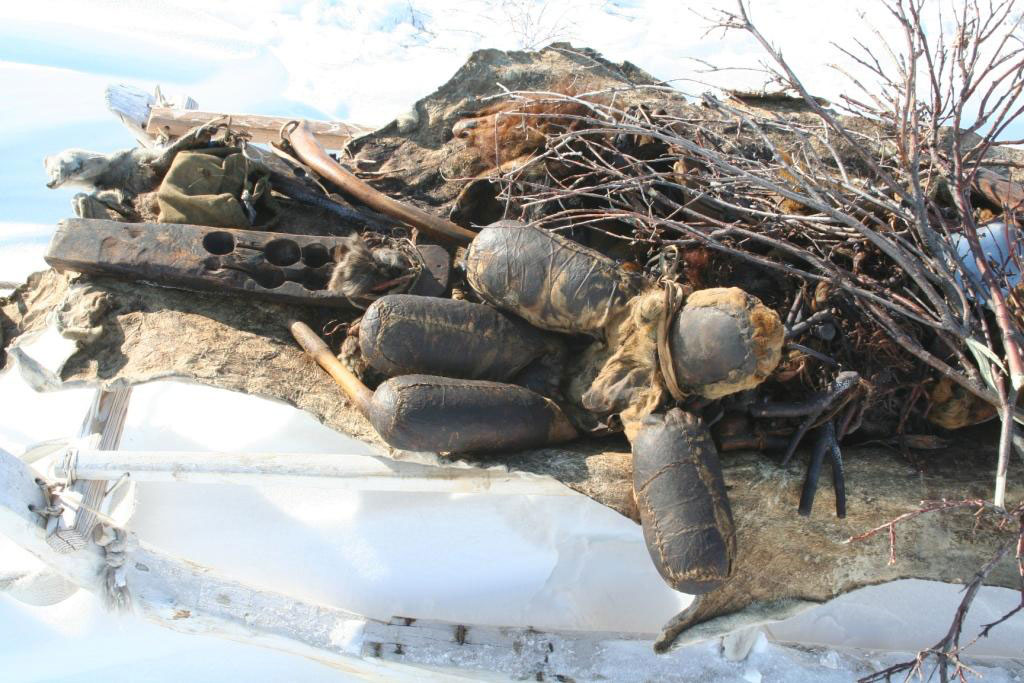
The traditional beliefs of the Itelmens are animism, totemism, fetishism.
The Itelmen did not have the idea of a single god. The Raven (Kutkh) was considered the creator of the earth and its forefather.
The Itelmens believed in their kinship with this or that animal, they honored the owners of the sea and forest inhabitants. Even objects and nature phenomena - and those are endowed with spirits that live their own lives. The degree of worship for certain spirits was in direct proportion to the degree of their supposed influence on the material well-being of a person. The spirit of the sea, Mitg, was especially revered, which provided the basis of the diet - fish. In honor of Mitg, a feast of purification was held in November. The Itelmens considered the world to be eternal, souls to be immortal.
The spirits were divided into evil and good. Bad spirits - the so-called gamuls, according to legend, lived in the mountains, especially in the steaming ones. The Itelmens willingly acted as guides; they could walk through the most dangerous places, but apart from the high mountains. In the past, the Itelmen world was completely inhabited by spirits. They lived everywhere: in the sea, in the earth, in the sky, in the world and in the other world. Legends and omens played a huge role. It was strictly forbidden to save a drowning man or one covered by an avalanche, so as not to deprive the food of the spirits of water and mountains.
Men and women wore idol amulets. Sacrifices were made to all supernatural forces, most often in the form of food.
Shamanism also existed among the Itelmens, although shamans did not have ritual clothing and attributes. S.P. Krasheninnikov notes that, unlike the neighboring peoples, the Itelmens did not have "special" shamans; mainly elderly women were engaged in magic.
After conversion to Christianity (1740-1747), Orthodox rituals spread among the Itelmens - baptism, wedding, and funeral service. Already in the 1st quarter of XIX cent. travelers noted Orthodox cemeteries in Kamchadal villages. The tradition of baptizing children and receiving Russian names was established. The first Russian surnames were given to the Itelmens by the names of the clergy and servicemen who took part in the mission of Joasaph Khotuntsevsky.





